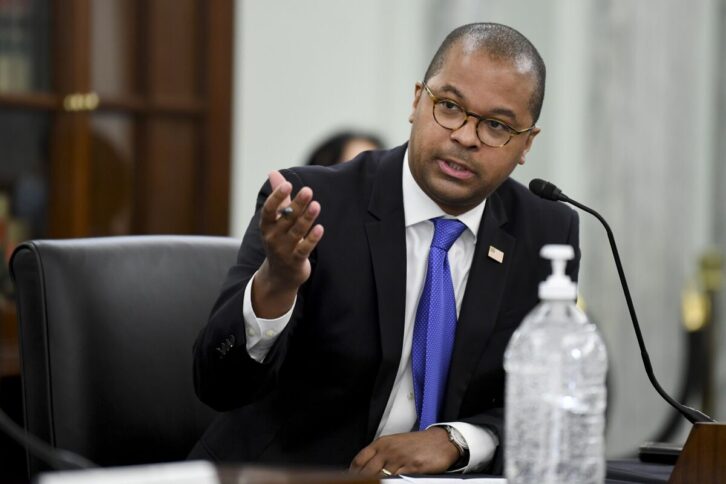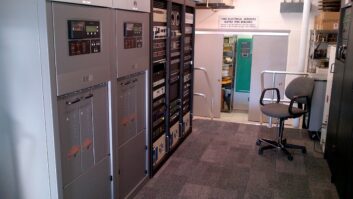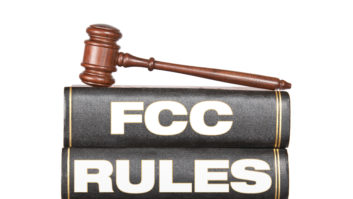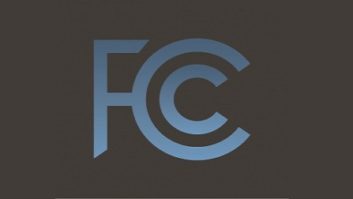This week, FCC Commissioner Geoffrey Starks appeared at the National Association of Farm Broadcasters “Washington Watch” event to respond to ongoing efforts to keep AM radio receivers in newer vehicles. The annual event, this year held April 29 – May 1 in Washington, D.C., offered broadcasters an opportunity to hear the latest policies and news coming out of the U.S. capitol.
Starks opened his remarks by sharing what has been happening in his “neck of the woods” — sharing his concerns about the future of the AM band should car manufacturers remove the service, especially in rural areas.
“Your listeners log in a lot of miles in many instances, and you provide them with that free, reliable source of industry news programming, and they need to be able to keep receiving it,” said Starks, addressing the crowd. “I could end the sentence right there.”
Tuesday morning, the U.S. House Energy & Commerce Committee’s Subcommittee on Innovation, Data and Commerce met to discuss the proposed AM Radio for Every Vehicle Act of 2024, which would require car makers to maintain AM broadcast radio without separate or additional payment, fee or surcharge. While interested parties included contenders from the automotive and consumer technology industries denouncing the bill, there was an overwhelming amount of support from the gathered members of Congress.
As of this week, 247 bipartisan members of the House — nearly equally divided between Republicans and Democrats — have cosponsored the AM Radio for Every Vehicle Act. To date, the proposed legislation has also received support from 60 members of the Senate.

With that hearing top of mind, Starks said this issue “warrants continued attention from the FCC,” especially when it comes to providing emergency alerting services to the general public.
“Propagation means the success of the national public warning system hinges on the use of AM radio. And I simply agree with that. So I’m glad to see the overwhelming bipartisan support.”
When opening up the discussion for comments, attendees raised concerns about the enforcement of Part 15 interference rules. These are rules that regulate low power, unlicensed devices on the FCC band.
Starks said if there is illegal interference, the FCC has procedures in place to regulate it.
“There’s an extensive field operation that we have at the FCC, and they will come do field testing if there is interference,” said Starks.
Attendees also asked about the FCC’s thoughts on upgrading the requirements for receivers and improving their quality.
“Part of what I have focused on is making sure that the quality of equipment that is coming in is up to standards,” said Starks. “As you know, some of the new cheaper equipment is a concern.”
Others commented that cheap car receivers are contributing, in part, to interference concerns in electric vehicles.
Finally, Starks answered a question about pre-sunrise authority, which, under FCC rules, requires stations to reduce their operational power.
“I know there’s pending legislation on whether we’re ultimately going to do away with daylight saving,” said Starks. “That’s an issue that I think we would be eager to hear from you and see if we can have some movement there.”







